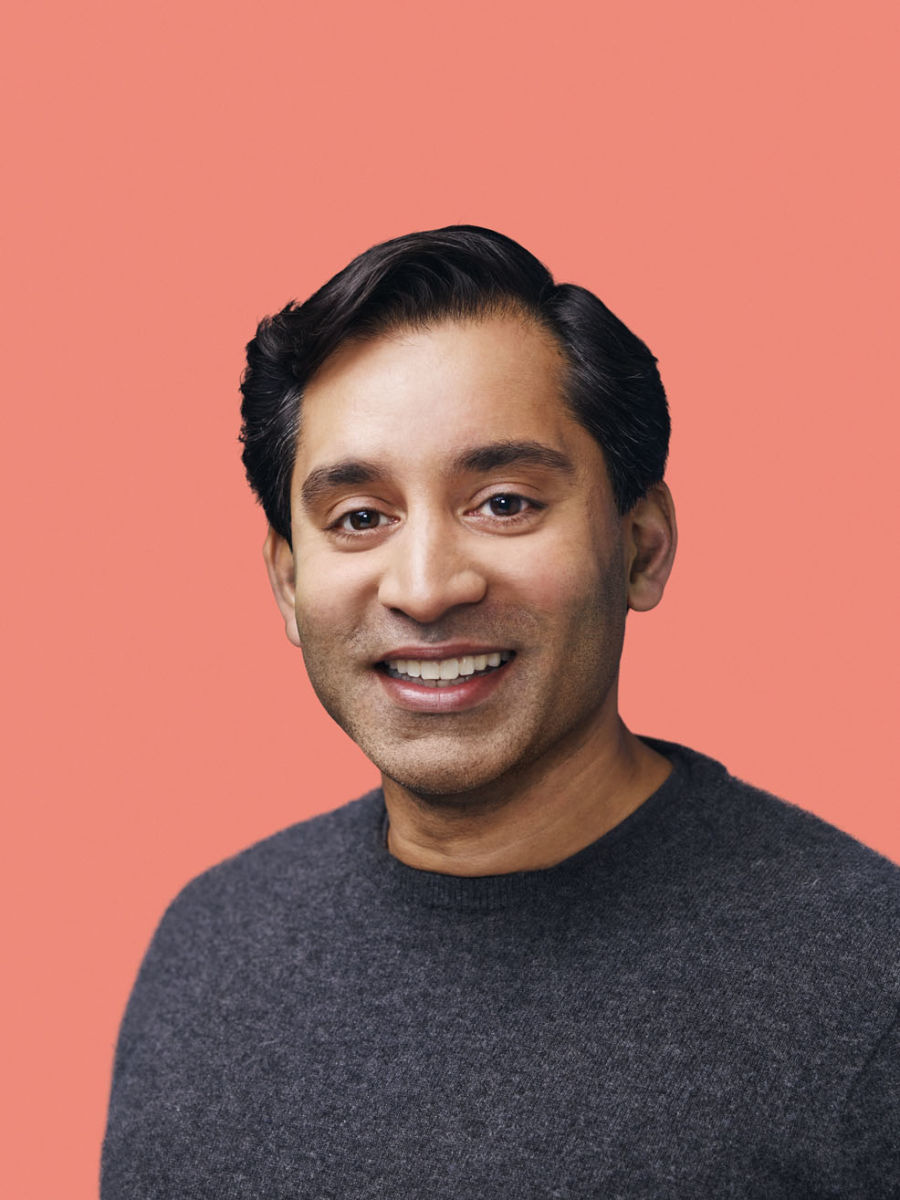Krishna Yeshwant

Krishna Yeshwant
Although he’s the son of two Chicago physicians, GV Managing Partner Krishna Yeshwant’s first love was computers. He majored in computer science at Stanford and, early in his career, helped start two successful tech companies: an electronic data interchange company acquired by Hewlett-Packard and a network security company acquired by Symantec.
Krishna’s path into medicine began in 2002 when he teamed with a group of surgeons at Mass General and Brigham and Women’s Hospitals (BWH) in Boston and wrote software to use imaging systems to guide surgical procedures. Observing the operating room and research infrastructure, he says he saw firsthand how much the healthcare system needed to change. “I saw how few resources are available and how many amazing people have committed their lives to find the way forward,” he remembers. “That experience was transformative because I learned how much we can accomplish if we bring the tech and medical worlds together.”
Krishna graduated from Harvard’s MD/MBA program and went on to serve as an attending in internal medicine at BWH. He joined Google in 2008, where he was part of a team that helped in the early days of GV’s founding and led the fund’s early commitment to investing in life sciences. “It’s exciting to see the impact of exposing technologists to the challenges and realities of patient care,” he says. “The key quality is empathy, which is critical to understanding the complexities of the healthcare world.”
Krishna helps steward the GV investing team and co-leads GV’s life sciences group. As an investor, he is interested in the entire healthcare spectrum, including care delivery, health IT, devices, diagnostics, payor/provider, and therapeutics. Krishna led GV’s early investments in Flatiron Health, Foundation Medicine, Relay Therapeutics, Beam Therapeutics, insitro, One Medical, and Aledade. He also established GV’s incubation program, which helped start companies like ROME Therapeutics and Verve Therapeutics.
Krishna is particularly excited by new research that exposes biology more clearly. “We’re in an era where we can see a path to not just treating, but curing more diseases,” he says. “It’s going to be transformative, but there is so much more to do.” He is also working on new approaches to making clinical trials more efficient and ways to bring modern software approaches to healthcare delivery.